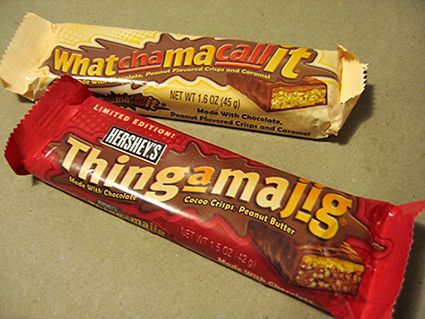The investigation into valid T-SQL identifier characters continues. Apparently I was not done.
Tag: Collation
What’s in a Name?: Inside the Wacky World of T-SQL Identifiers
Which Collation is Used to Convert NVARCHAR to VARCHAR in a WHERE Condition? (Part B of 2: “Rabbit”)
Which Collation is Used to Convert NVARCHAR to VARCHAR in a WHERE Condition? (Part A of 2: “Duck”)
All New Collations in SQL Server 2017 Implicitly Support Supplementary Characters
No, Binary Collations are not Case-Sensitive
(last updated: 2019-06-03 @ 16:00 EST / 2019-06-03 @ 20:00 UTC ) Quite often people will use, or will recommend using, a binary Collation (one ending in "_BIN" or "_BIN2") when wanting to do a case-sensitive operation. While in many cases it appears to behave as expected, it is best to not use a binary… Continue reading No, Binary Collations are not Case-Sensitive
Impact on Indexes When Mixing VARCHAR and NVARCHAR Types
(last updated: 2019-11-10 @ 11:15 EST / 2019-11-10 @ 16:15 UTC ) You may have heard, or read, that you should not mix VARCHAR and NVARCHAR datatypes, especially when one of them is a JOIN or WHERE predicate / condition, as doing so will invalidate indexes. While it is always best to have all datatypes… Continue reading Impact on Indexes When Mixing VARCHAR and NVARCHAR Types






